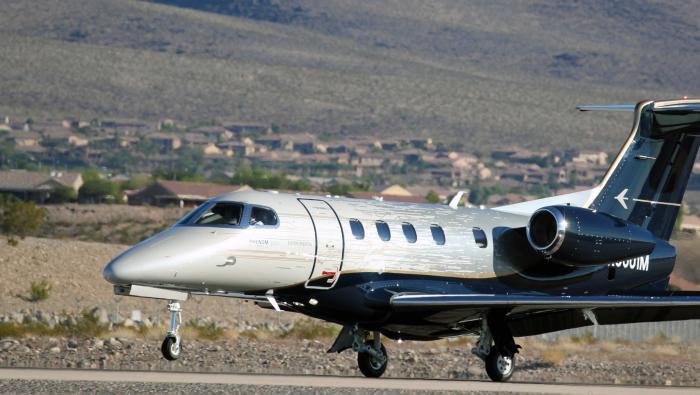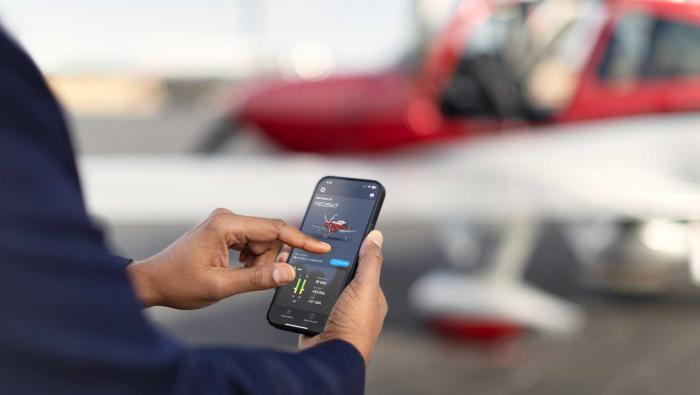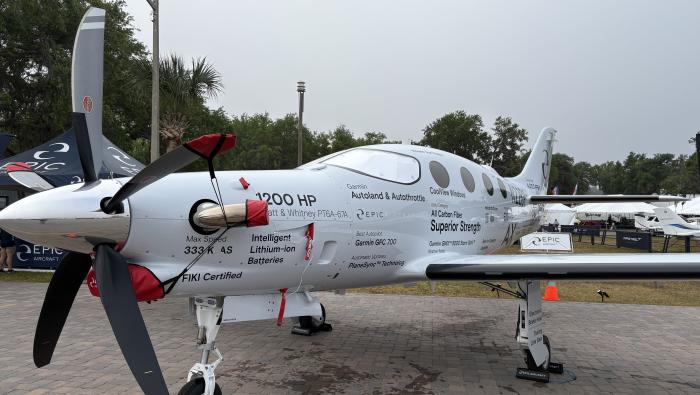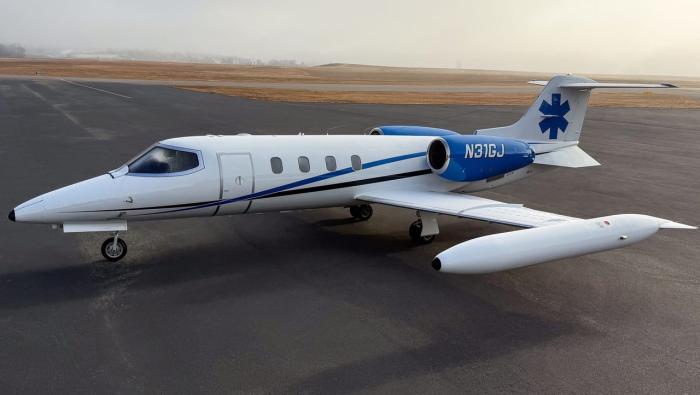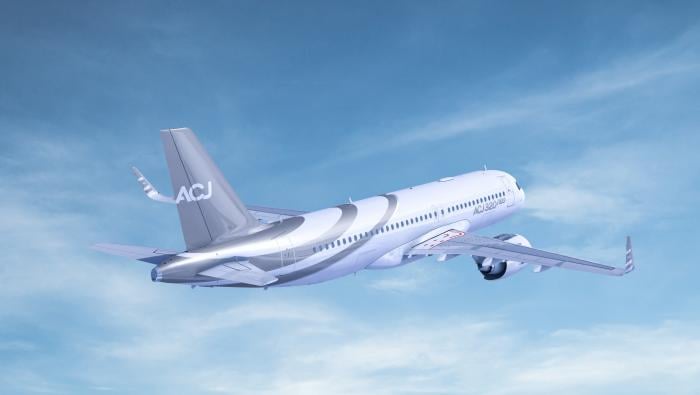BAE Systems says that a new solar electric UAV that has the potential to fly for up to a year before needing maintenance “has taken a step closer to reality” following its newly agreed partnership with Prismatic, a small British company that specializes in this technology. The key employees of Prismatic, including founder and managing director Paul Brooks, all previously helped to develop the Zephyr high-altitude pseudo-satellite (HAPS). The new partnership appears to directly compete with the Zephyr project, which has been owned by Airbus Defence & Space since 2013.
Prismatic’s Persistent High Altitude Solar Aircraft (PHASA) design looks similar to the latest Zephyr. But its wingspan is longer at 35 meters (115 feet), hence the designation PHASA-35. The airframe weighs 150 kg (115 pounds), including the two electric motors, long-life lithium batteries, and ultra-lightweight solar cells. Prismatic flew a quarter-scale, 12-kg (26-lb) model of its PHASA design last year at low altitude.
“PHASA-35 has the ability to revolutionize the way we think about beyond line of sight communications,” said Brooks. After helping to launch the Zephyr project from 2003 to 2006, the Prismatic founder spent five years working for Surrey Satellite Technology Ltd (SSTL), the innovative British small satellite company that is now majority-owned by Airbus Defence & Space. Persistent surveillance and remote sensing at a lower cost than satellites are other potential applications for this class of UAVs.
“Prismatic is a fast-paced and forward-thinking company. We were keen to invest in the PHASA-35 program as part of our long-term strategy to explore new technologies and solutions in air and space,” said Michael Christie, strategy director within BAE Systems’ Air Sector.
